BIOLOGY GRADE 12 UNIT ONE - APPLICATIONS OF BIOLOGY - ETHIOPIA NEW CURRICULUM

Book Description
Biology Grade 12 unit one Unit one Applications of Biology - Applications of Biology in our day-to-day Life is numerous.
- Biology is a science in charge of studying all living beings.
- It helps to understand every living organism from the smallest bacteria to the biggest blue whales.
- Biological science is very useful science to determine where some diseases and pests come from such as infections, animal pathologies and damages to plants.
- Biology covers the study of functions of living organisms, the evolution of species, the factors that produce diseases as well as the discovery of new drugs.
- This discipline allows human beings to explore topics such as genetic engineering, research applications with mother cells, and the global warming.
- It also helps to understand nature and how humans, animals and plants interact in life.
- Biology gives the vision of; how living things evolve, understanding the rate of extinction, how species depend on and affects the habitats where it lives, improving the effectiveness of conservation.
- A practical application of biology with which most people are familiar with is hand washing, domestication, and traditional fermentation.
- Regular soap washing removes acquired microbes from the skin and help control the spread of infectious diseases, - other applications of biology are in next topics.
1.1.
Application in Conservation of natural resources - Conservation is the careful maintenance and wise use of natural resources to prevent them from disappearing.
- Natural resources are physical supplies that exist in nature (or actual and potential resources supplied by nature).
- These include soil, water, air, plants, animals, and energy.
- Conservation biology is a mission-oriented science that focuses on how to protect and restore biodiversity.
- Ethiopia has many natural resources, such as: gold, platinum, potash, limestone, natural gas, coal, etc.
- timbers, crop plants and coffee plantations.
- many different species of animals and plants, which make up rich ecosystems and - many different breeds of domestic animals.
- Natural resources can be classified as 1.
renewable or 2.
non- renewable.
Courses
Education, BiologyReview Posted!
Add your details below to get email notifications when someone replies to your review.
Delete Comment?
This action cannot be undone. Are you sure?
Login
Still looking for something else?
Try this Advanced search Enhanced by Google
 Exotic Ai
Exotic Ai
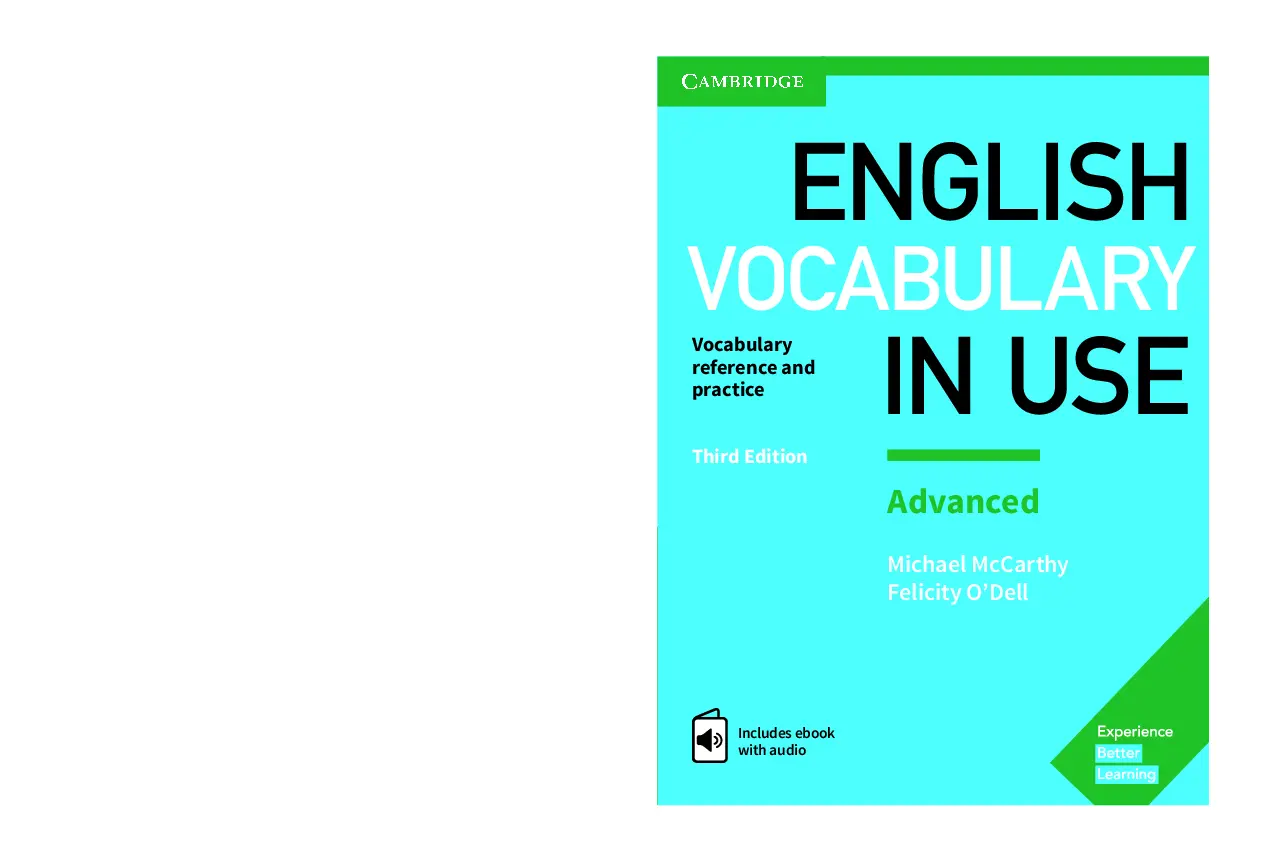
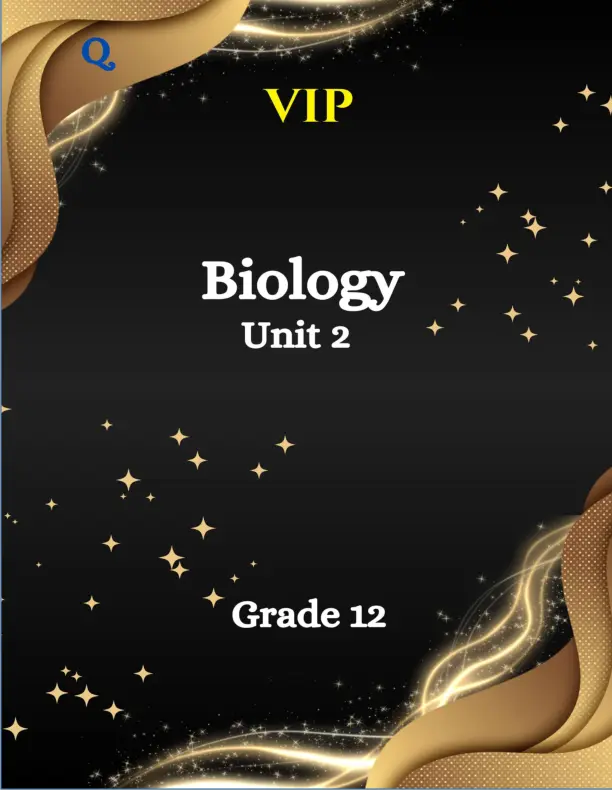
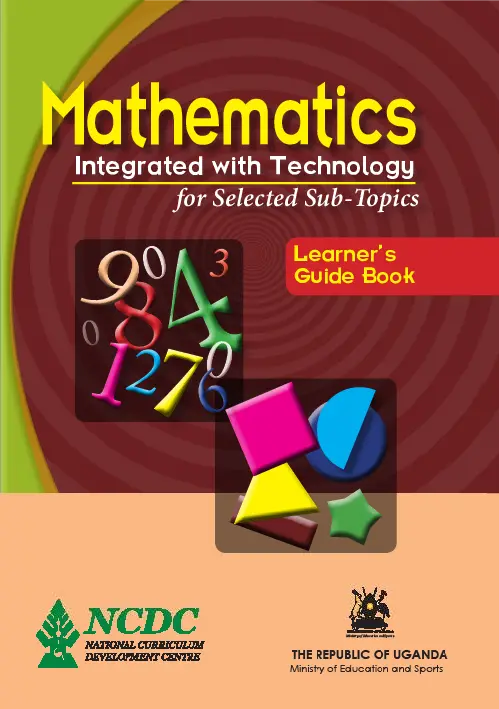


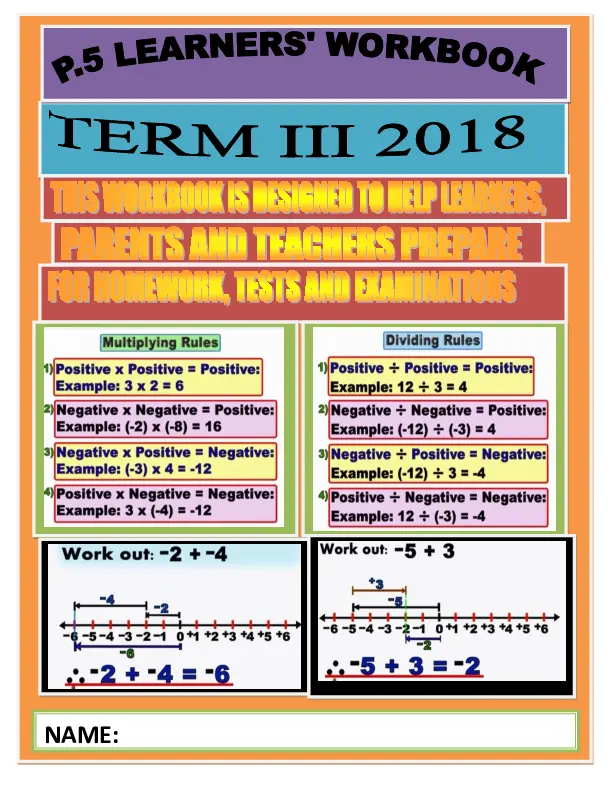

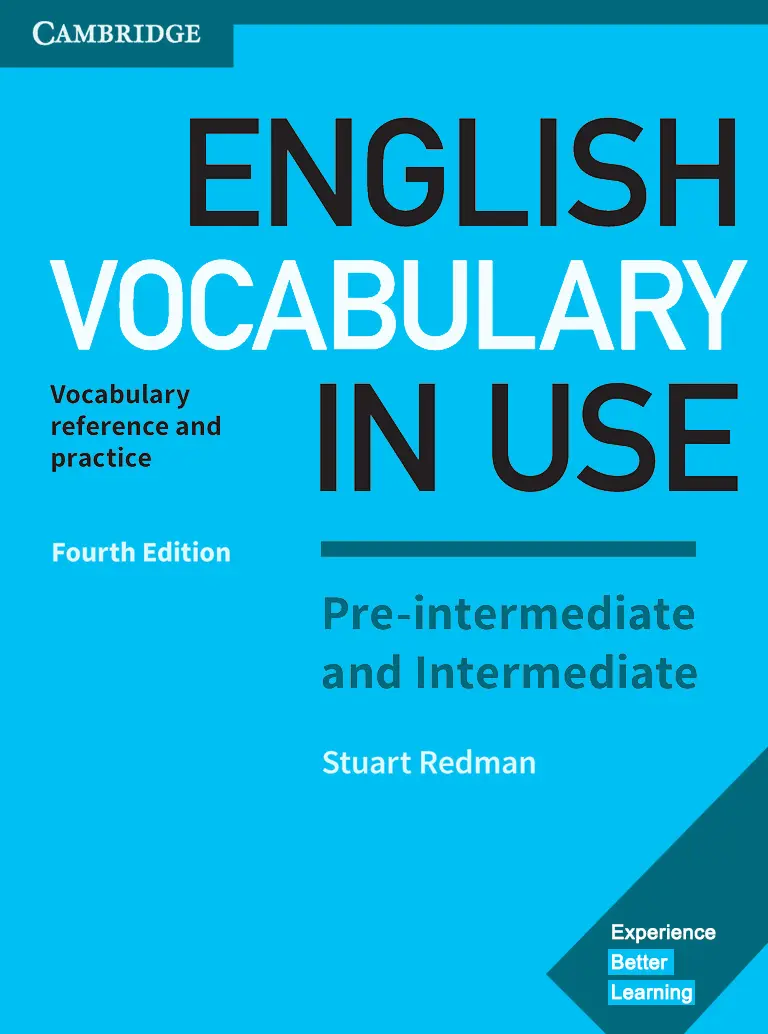
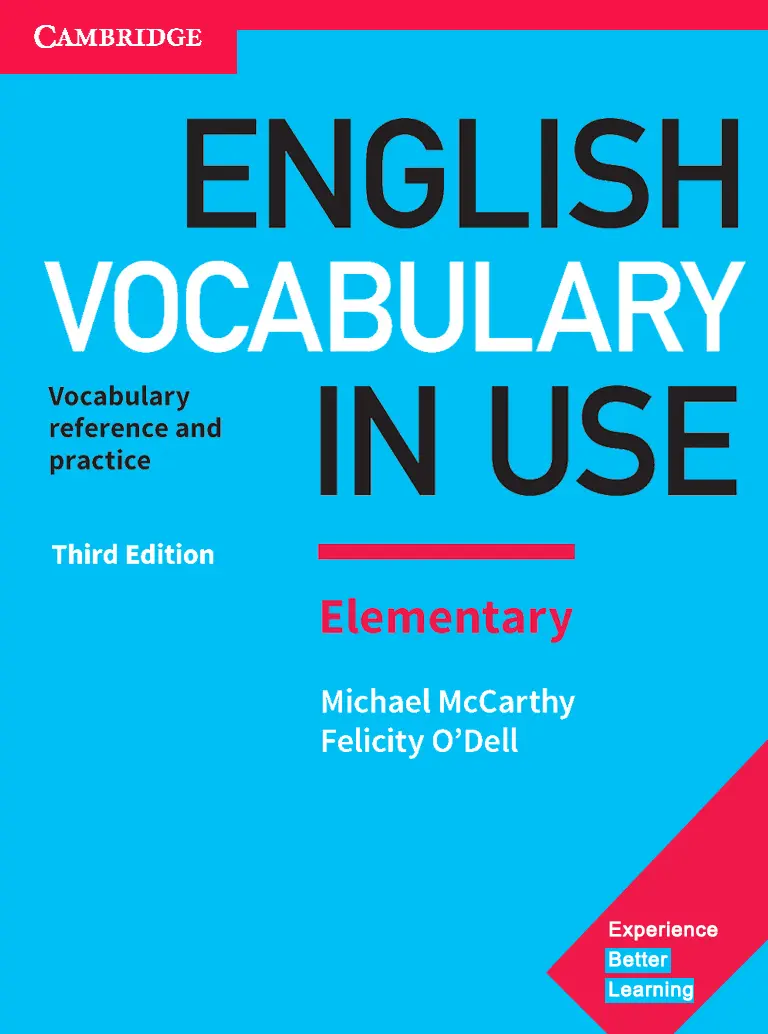
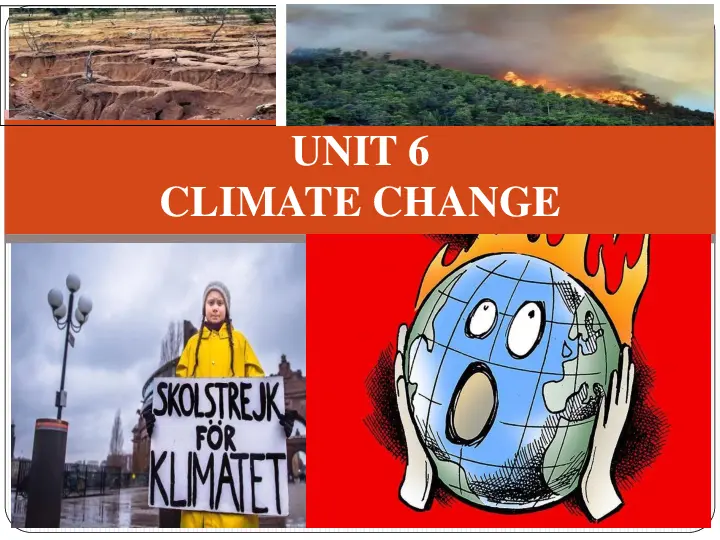
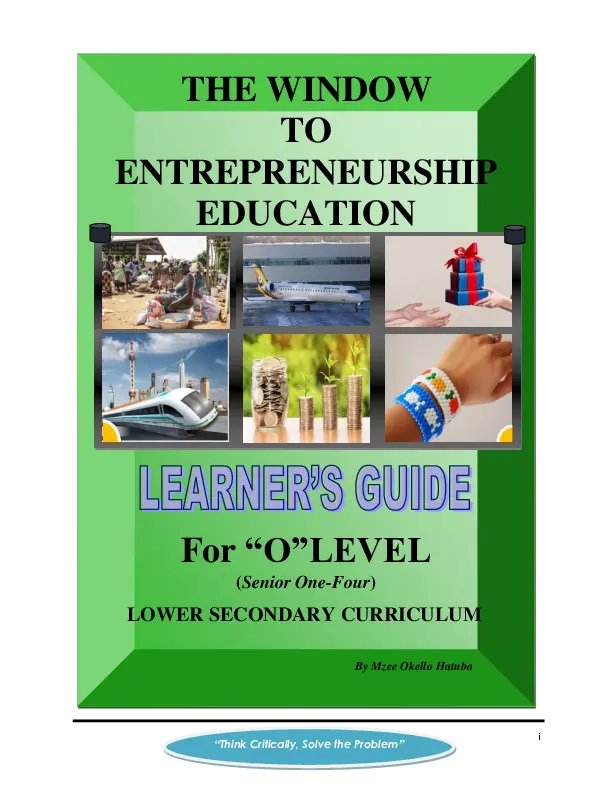

Comment Section (0)
No reviews yet. Be the first!